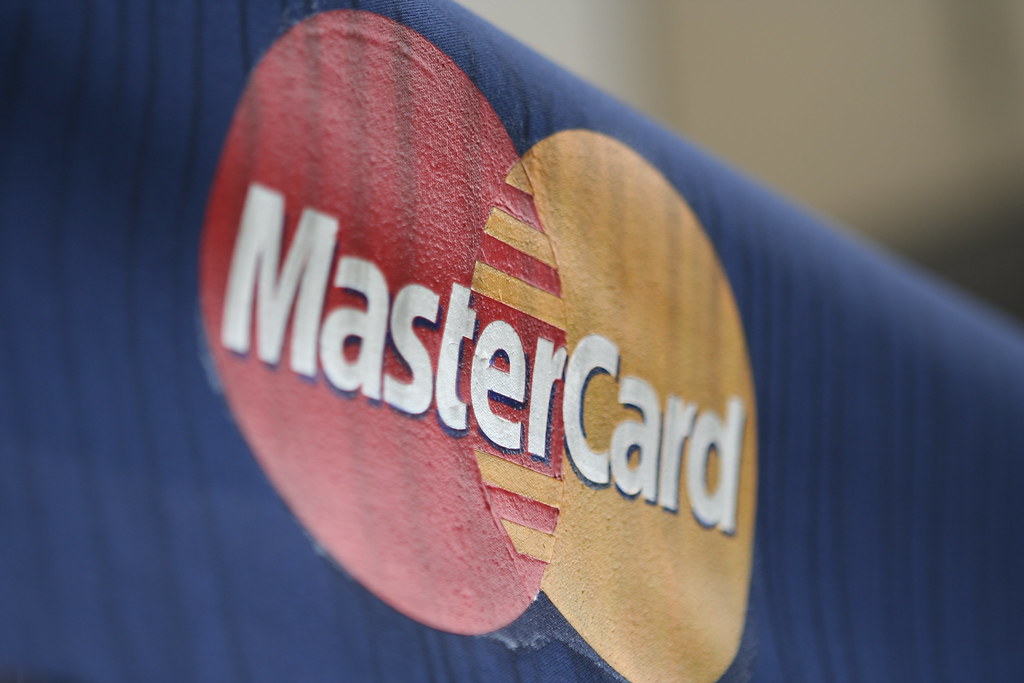Mastercard is intensifying its integration with the cryptocurrency sector by supporting non-custodial wallets that allow users to spend their digital assets freely while maintaining personal control over their funds. This initiative was bolstered through a recent partnership with European crypto payments provider Mercuryo, aimed at bridging the gap between traditional financial systems and blockchain technology.
Following a successful pilot with the MetaMask wallet in August, Mastercard has introduced a euro-denominated debit card in collaboration with Mercuryo. This card enables users to utilize cryptocurrencies like Bitcoin directly from their self-custodial wallets for purchases at over 100 million Mastercard merchants globally. This development marks a significant step in Mastercard’s ongoing efforts to facilitate mainstream crypto payments.
Principles of Self-Custody
Self-custody, a fundamental concept within the cryptocurrency community, offers users autonomy by allowing them to store and manage their digital assets without the need for a central authority. This method requires users to maintain their private keys, providing enhanced security and control compared to traditional custodial services.
Christian Rau, Senior Vice President of Mastercard’s crypto and fintech enablement, noted the importance of this initiative: “At Mastercard, we are working closely with partners to innovate and enhance the self-custody wallet experience. Through our collaboration with Mercuryo, we’re eliminating traditional barriers between blockchain and conventional payments, providing consumers a reliable and secure method to spend their digital assets wherever Mastercard is accepted.”
Mastercard’s Commitment to Crypto Integration
Since officially supporting cryptocurrency transactions on its network in February 2021, Mastercard has actively engaged with various industry partners to expand its crypto services. This includes collaborations with Circle, the provider of USD Coin, and major exchanges like Coinbase. These partnerships underscore Mastercard’s commitment to adapting its services to the evolving demands of the digital asset market.
Mastercard’s initiative also aims to simplify the process of buying and selling cryptocurrencies, which can often be complex and limiting when conducted through centralized exchanges. Raj Dhamodharan, Mastercard’s blockchain and digital asset lead, highlighted that many cryptocurrency holders prefer to bypass exchanges due to these complications, opting instead for more direct control over their transactions.
Costs Associated with New Crypto Services
While Mastercard’s expansion into crypto payments facilitates greater access and usability, it also comes with associated costs. The new Mastercard-branded Spend card by Mercuryo, for example, involves a 1.60 euro issuance fee, a monthly maintenance fee of 1 euro, and a 0.95% off-ramp fee charged by Mercuryo.
| Feature | Details |
|---|---|
| Card Type | Euro-denominated debit card |
| Crypto Support | Bitcoin and others |
| Merchant Acceptance | Over 100 million locations worldwide |
| Fees | Issuance fee of €1.60, monthly maintenance fee of €1, off-ramp fee of 0.95% |
Mastercard’s strategic moves in the cryptocurrency space are reshaping how digital assets are used in everyday transactions, making them more accessible and practical for a broader audience. By fostering the adoption of non-custodial wallets and simplifying the spending process, Mastercard is not only enhancing user experience but also promoting the broader acceptance of cryptocurrencies as a legitimate and valuable form of currency in the global economy.
As the interface between traditional finance and digital currencies continues to evolve, Mastercard’s initiatives are pivotal in defining the future landscape of payments and financial transactions.










